The most Italian opera in the most Italian place on earth!
Giuseppe Verdi’s third opera, which revealed his genius to the entire world, is closely linked to the history of Italy, the so called Risorgimento, as it is named the war of liberation from Austrian rule. Va pensiero sull’ali dorate is not only the song of sorrow of the Jews oppressed by the Babylonians, but above all it is the soundtrack of the 19th-century Italian people, oppressed by foreign rule. So profoundly patriotic is it that many committees, political parties, and even famous musicians have long called for the national anthem, the dull and unloved Fratelli d’Italia, to be replaced with Verdi’s moving chorus.
None of these themes were present in Stefano Poda’s new production of Nabucco, which opened the season at the Verona Arena, and perhaps that’s a good thing, given the devastation of Norma at la Scala theater, set by Olivier Py precisely during the years of the Italian Risorgimento , still fresh in our minds. Poda, who designed the direction, sets, costumes, lighting, and choreography, created a show very consistent with his signature style, not too dissimilar from the highly successful Aida of two years ago. The show was detached from any historical or political references and was set in a futuristic setting. The symbols were numerous, not always interpretable and in any case difficult to connect to the story told in the opera. The Latin inscription Vanitas dominated the Arena’s vast spaces; perhaps the vanity of the Babylonian king, who dares to rise above the Gods and Jehovah himself, non son più re, son Dio, scene resolved by a massive volcanic explosion and a roar, greeted by enthousiastic applause from the audience.
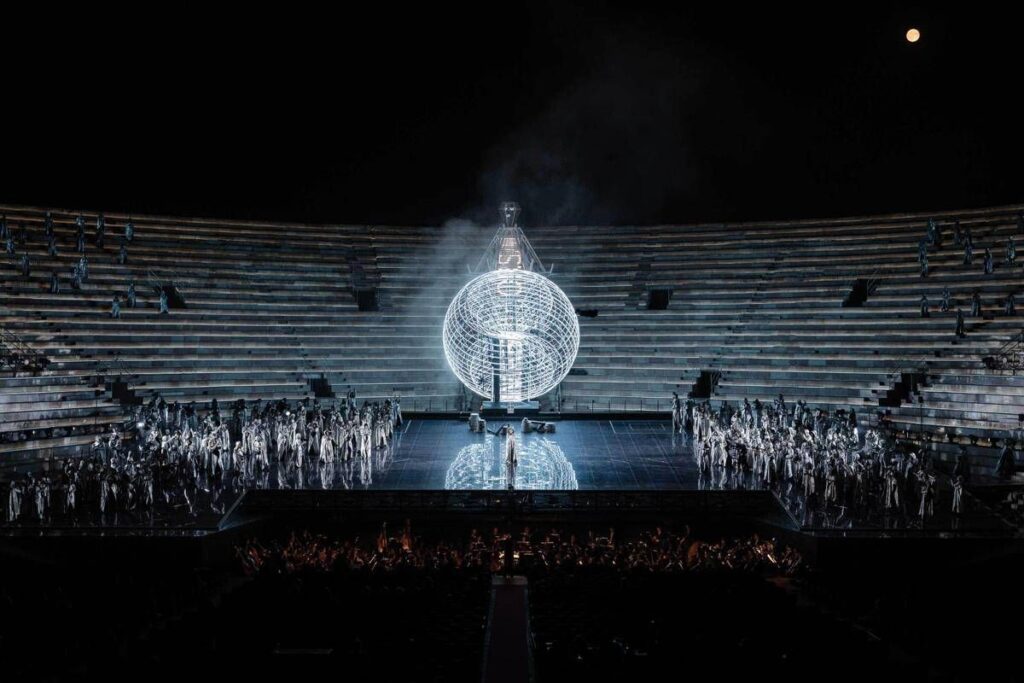
On stage were two enormous rotating structures—in Aida, there was an enormous hand—and a staircase ascending to the top of the Arena, lined with scrolling luminous writing and culminating in a stylised hourglass. The stage movements and costumes were amazing, their colors creating suggestive spaces on the large stage, even if in the second act, the neon-lit dresses created an unusual Las Vegas effect. More than a stage direction, it was a contemporary art installation, with a soundtrack of Giuseppe Verdi’s music. An attempt that wasn’t entirely successful, but it was necessary to put an end to Gianfranco De Bosio‘s tired and kitsch show, which had been a constant presence at the Arena for decades. This choice of the Artistic Direction certainly deserves credit for seeking a third way between the Zeffirelli-style productions and the Regietheater style, so disliked by Latin audiences.
Nor are there enough words to praise Superintendent Cecilia Gasdia‘s work in assembling casts of exceptional artistic and musical caliber every night; only a singer that has played the scenes for so many decades and at the highest levels, can assemble a cast like this evening’s, admirable in both major and minor roles. In the title role, Amartuvshin Enkhbat, one of the most highly regarded baritones working today, boasted a timbre and voice color ideal for Verdi roles, soft phrasing, and confident, well-defined high notes. Some signs of fatigue in his voice can be attributed to the Arena tour de force he has undergone, where he alternates in Nabucco, Germont, and Rigoletto in few days.
As Abigaille, we find the indomitable Anna Netrebko, making her Italian debut in one of the most difficult and demanding roles in the entire repertoire. This part is credited with the premature vocal decline of Giuseppina Strepponi, the first interpreter of the role and the future Signora Verdi. The Russian soprano has been particularly beloved at the Arena, ever since her debut in Il Trovatore in 2019, on an evening that has now become historic among opera lovers. Netrebko’s is a truly Arena voice, with the ease with which her voice expands across the enormous amphitheater, the impalpable pianissimi that reach immaculate to the fifteen thousand spectators, and the perfect acoustics that even cancel out some of the Slavic inflections in her lower register. The character of the Babylonian queen is very congenial to her, as can be seen in the pride with which she moved in her sadomasochistic costume, complete with whip and stiletto heels. The vocal performance was exceptional, the play of pianissimi was masterfully rendered in the aria anch’io dischiuso un giorno, sung phenomenally, and even the agilità di forza of the cabaletta salgo già del trono aurato were rendered with powerful and highly bright acuti.
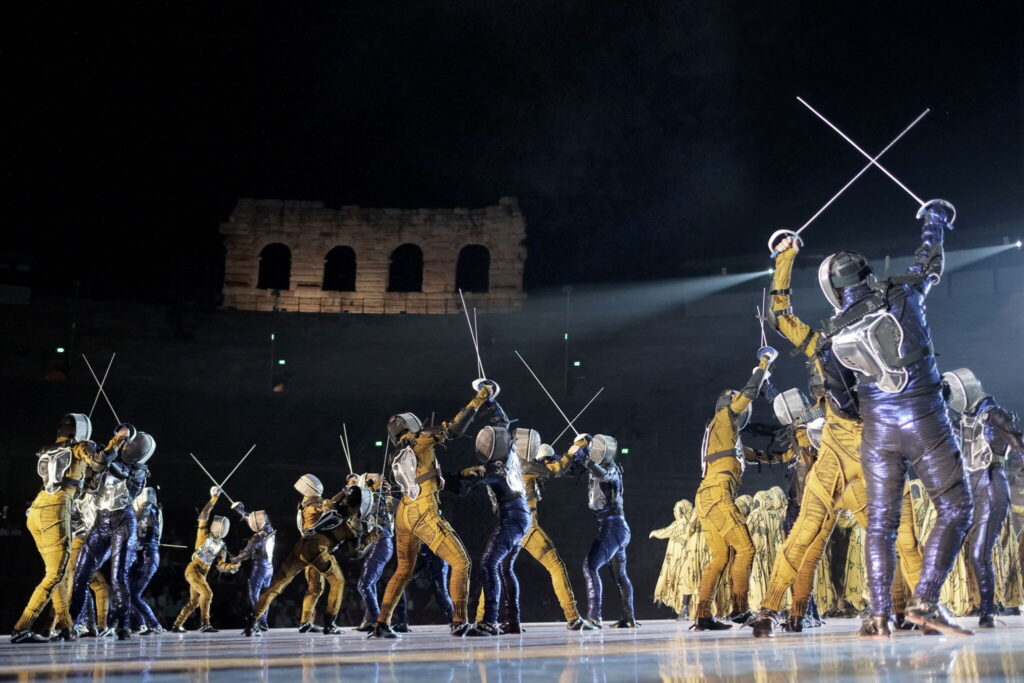
American bass Christian Van Horn was an excellent Zaccaria, with a confident emission and well-defined low notes, and standed out for his excellent execution of the prayer Tu sul labbra dei veggenti.
Francesca Di Saura was a really good mezzo-soprano Fenena, who resolved her climactic moment, Oh dischiuso è il firmamento, with good volume and technique.
Tenor Galeano Salas also excelled in the role of Ismaele, nephew of the king of Jerusalem, with a clear timbre and easy high notes.
The excellent chorus and orchestra of the Arena were conducted by Maestro Pinchas Steinberg, who opted for relaxed tempos, aimed at enhancing the orchestral colors and sound dynamics, forgoing the banda-like effects and the galloping that characterize the interpretations of some, even famous, conductors. The Arena was practically sold out, and all the performers had a great and passionate success.
CAST
Nabucco: Amartuvshin Enkhbat
Ismaele: Galeano Salas
Zaccaria: Christian Van Horn
Abigaille: Anna Netrebko
Fenene: Francesca Di Sauro
Il gran Sacerdote di Belo: Gabriele Sagona
Abdallo: Carlo Bosi
Anna: Daniela Cappiello
Conductor: Pinchas Steinberg
Direction, set design, costumes, lighting design, choreography: Stefano Poda
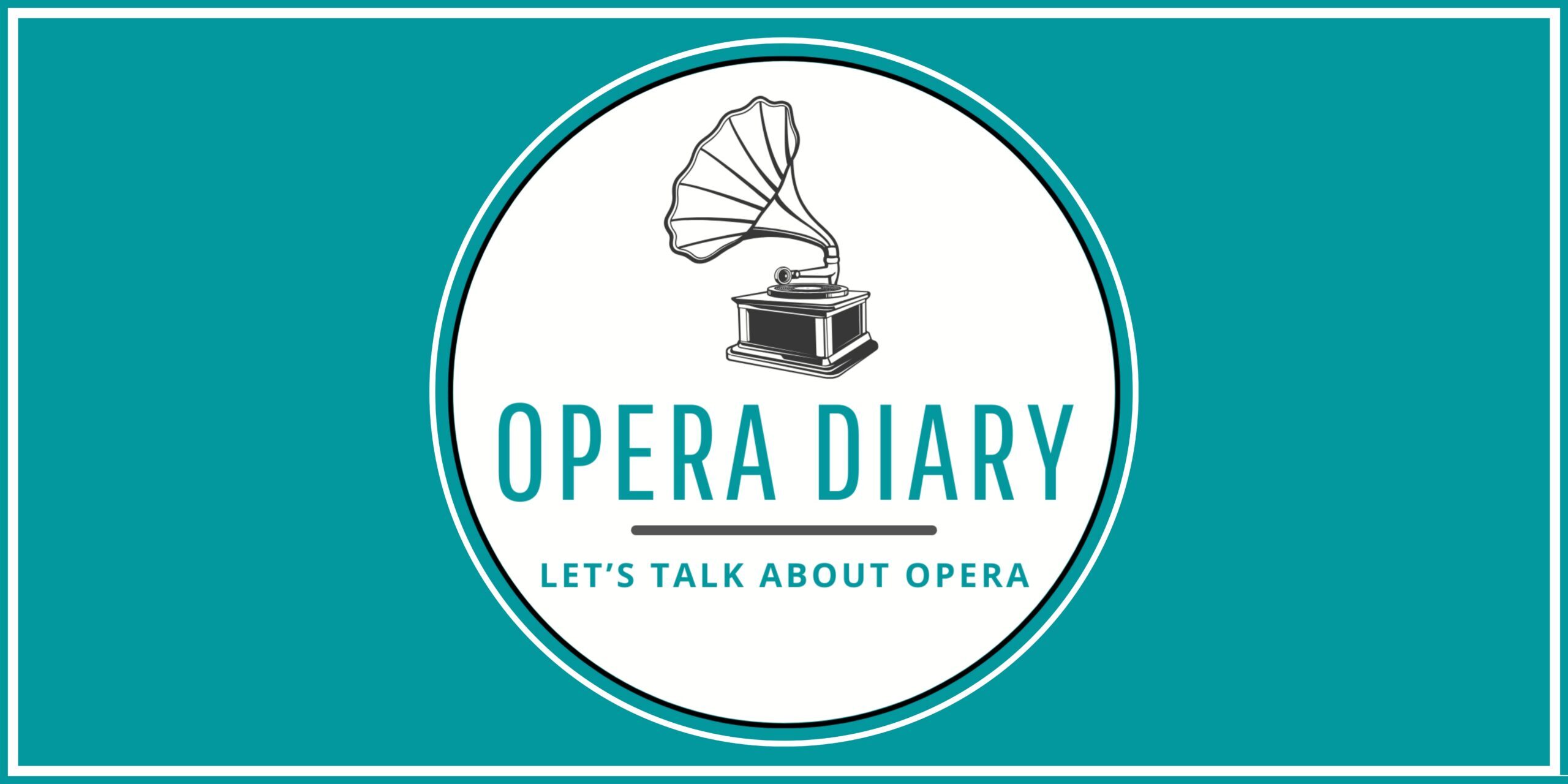

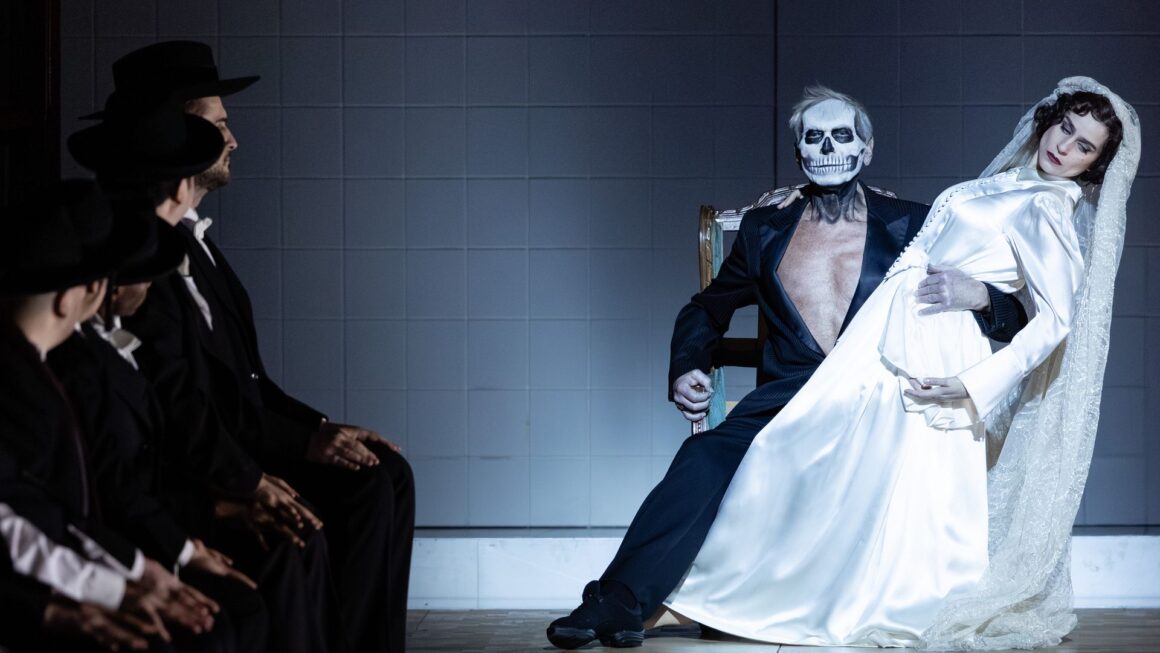
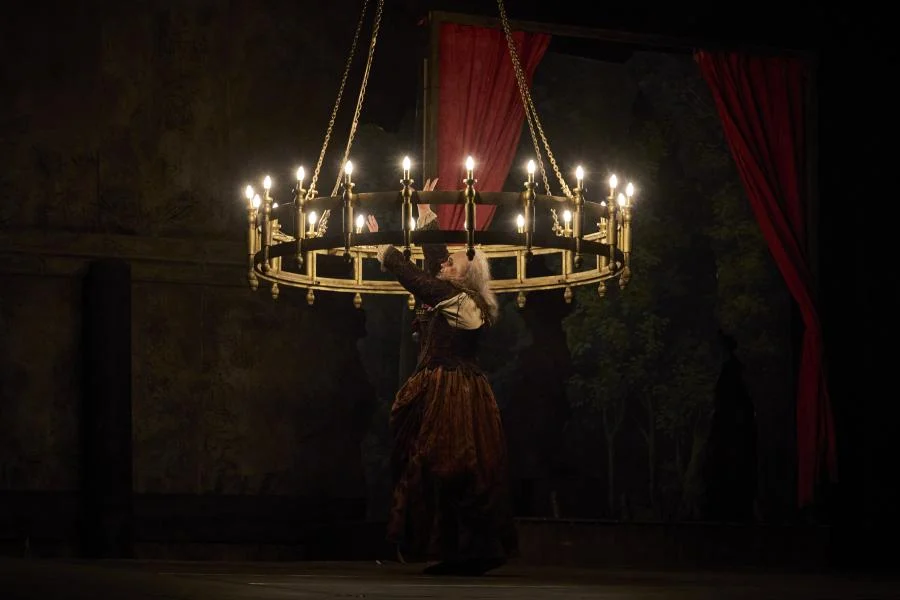
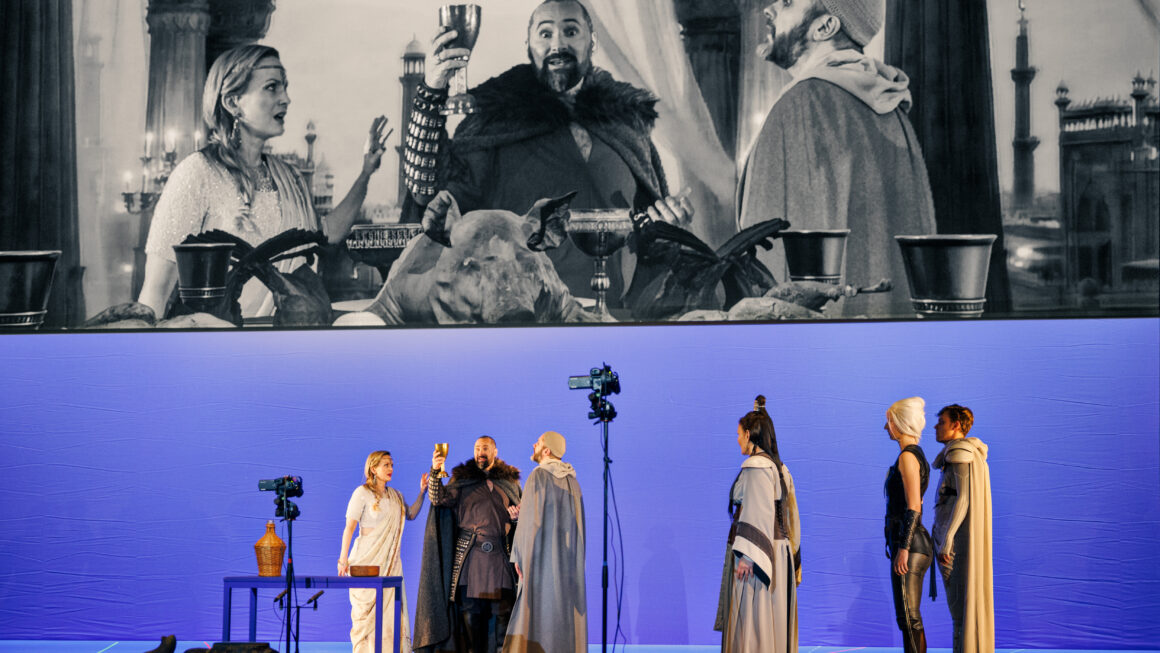
I agree with your points, superb post.